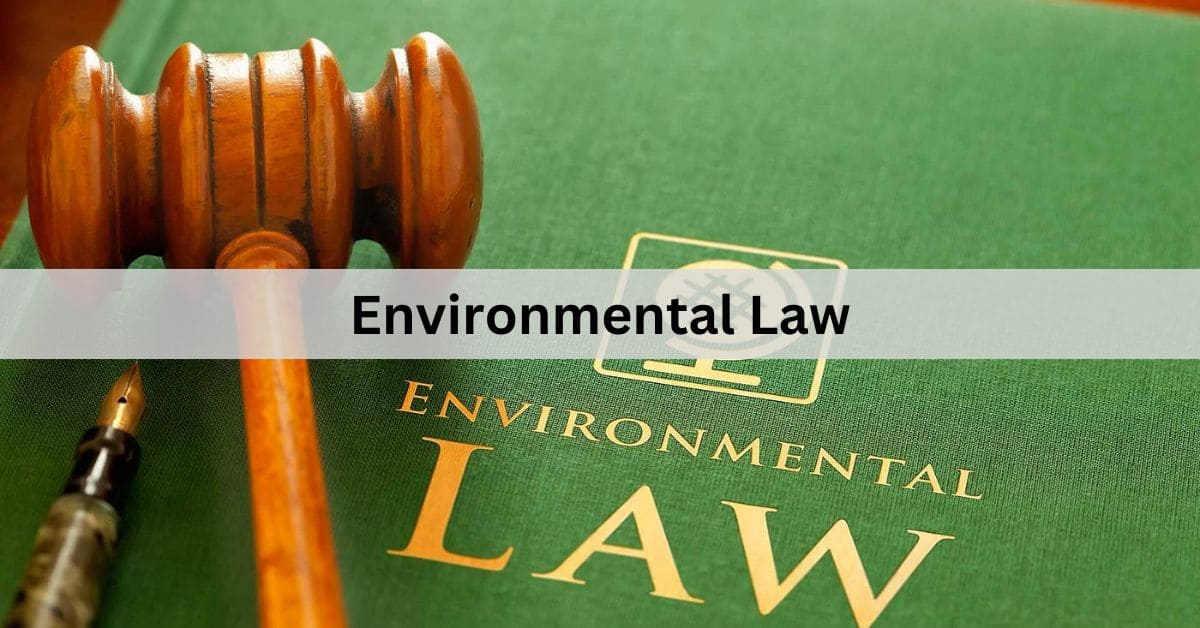Environmental law plays a crucial role in protecting our planet’s natural resources, ecosystems, and biodiversity. At [Your Law Firm/Organization], we are committed to promoting environmental sustainability through comprehensive legal insights, regulatory frameworks, landmark cases, and strategies for compliance. This article delves into the significance of environmental law, key regulations, enforcement mechanisms, and the role of legal professionals in preserving our environment.
Importance of Environmental Law
1. Conservation of Natural Resources
Environmental laws aim to conserve and sustainably manage natural resources such as forests, water bodies, wildlife habitats, and air quality. These regulations mitigate environmental degradation and ensure resource availability for future generations.
2. Protection of Ecosystems and Biodiversity
Legal protections safeguard ecosystems and biodiversity from pollution, habitat destruction, species extinction, and other anthropogenic threats. They promote ecological balance and resilience in the face of climate change and global environmental challenges.
3. Public Health and Safety
Environmental regulations address pollutants, hazardous substances, and toxic chemicals that pose risks to public health and safety. By setting standards for clean air, water quality, and waste management, these laws mitigate health impacts and promote sustainable living environments.
Key Regulations in Environmental Law
1. Clean Air Act (CAA)
The Clean Air Act regulates air emissions from stationary and mobile sources to protect public health and the environment from harmful pollutants such as ozone, particulate matter, and greenhouse gases.
2. Clean Water Act (CWA)
The Clean Water Act establishes standards for water quality, regulates discharges into surface waters, and aims to restore and maintain the integrity of aquatic ecosystems for drinking water, recreation, and wildlife habitat.
3. Endangered Species Act (ESA)
The Endangered Species Act protects endangered and threatened species and their habitats by prohibiting activities that jeopardize their survival and promoting conservation efforts through habitat restoration and species recovery plans.
4. Resource Conservation and Recovery Act (RCRA)
The RCRA governs the management and disposal of hazardous and non-hazardous solid waste, promoting waste reduction, recycling, and safe waste disposal practices to minimize environmental and human health risks.
Enforcement Mechanisms and Compliance Strategies
1. Regulatory Agencies
Government agencies such as the Environmental Protection Agency (EPA) enforce environmental laws through inspections, permits, enforcement actions, and penalties for non-compliance.
2. Legal Advocacy and Litigation
Environmental law firms advocate for clients’ environmental rights, challenge regulatory decisions, and litigate cases involving environmental violations, pollution incidents, and land use disputes.
3. Corporate Compliance Programs
Businesses implement environmental compliance programs to ensure adherence to regulations, minimize environmental impacts, and mitigate legal risks through sustainability initiatives, audits, and reporting.
Role of Legal Professionals in Environmental Protection
1. Legal Counsel and Advisory Services
Environmental lawyers provide legal counsel on compliance, regulatory requirements, environmental impact assessments, and sustainability strategies to businesses, government agencies, and non-profit organizations.
2. Policy Development and Advocacy
Legal professionals contribute to policy development, advocacy campaigns, and legislative initiatives aimed at strengthening environmental protections, promoting conservation efforts, and addressing emerging environmental challenges.
Conclusion
In conclusion, environmental law serves as a critical framework for safeguarding our planet’s natural resources, ecosystems, and public health. By understanding key regulations, enforcement mechanisms, and the role of legal professionals, stakeholders can collaborate to achieve environmental sustainability and preserve our planet’s future for generations to come.

